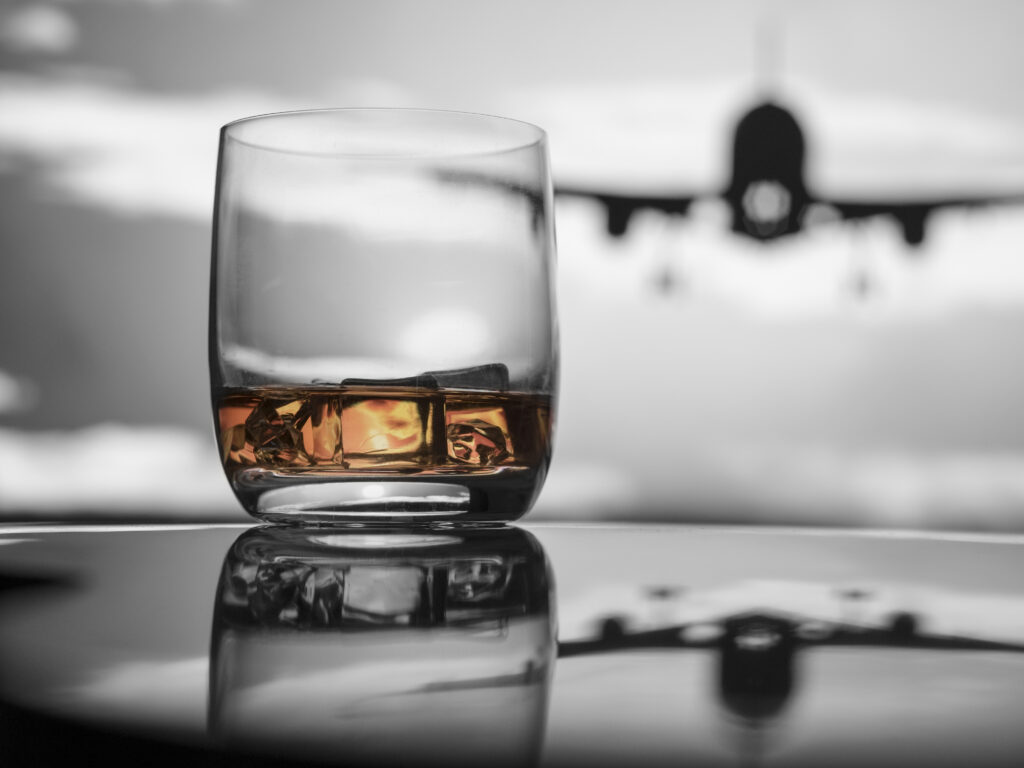There are safety rules for pilots, just like for people driving cars. For instance, a pilot should not consume alcohol or other intoxicants within 8 hours prior to flying and should always consider the lasting effects of alcohol the following day.

Issues that seem mundane for the general public can be of great concern for pilots. As an example, a pilot should not fly an airplane or helicopter within 72 hours after a blood donation or transfusion due to the lowering of oxygen carrying capacity of blood following a blood donation or transfusion.
People often wonder about the need for oxygen when flying. If the plane, like an airliner, is pressurized, it is not an issue. In an unpressurized airplane, like a small single engine Cessna, pilots should use supplemental oxygen and confirm saturation levels are above 90% by utilizing a pulse oximeter when operating aircraft above 10,000 feet during the day or above 5,000 feet at night.
Airplane and helicopter owners and operators should maintain their aircraft in accordance with the Instructions for Continued Airworthiness found in the Airplane Maintenance Manual. Failure to do so can make the aircraft unairworthy and dangerous to fly.